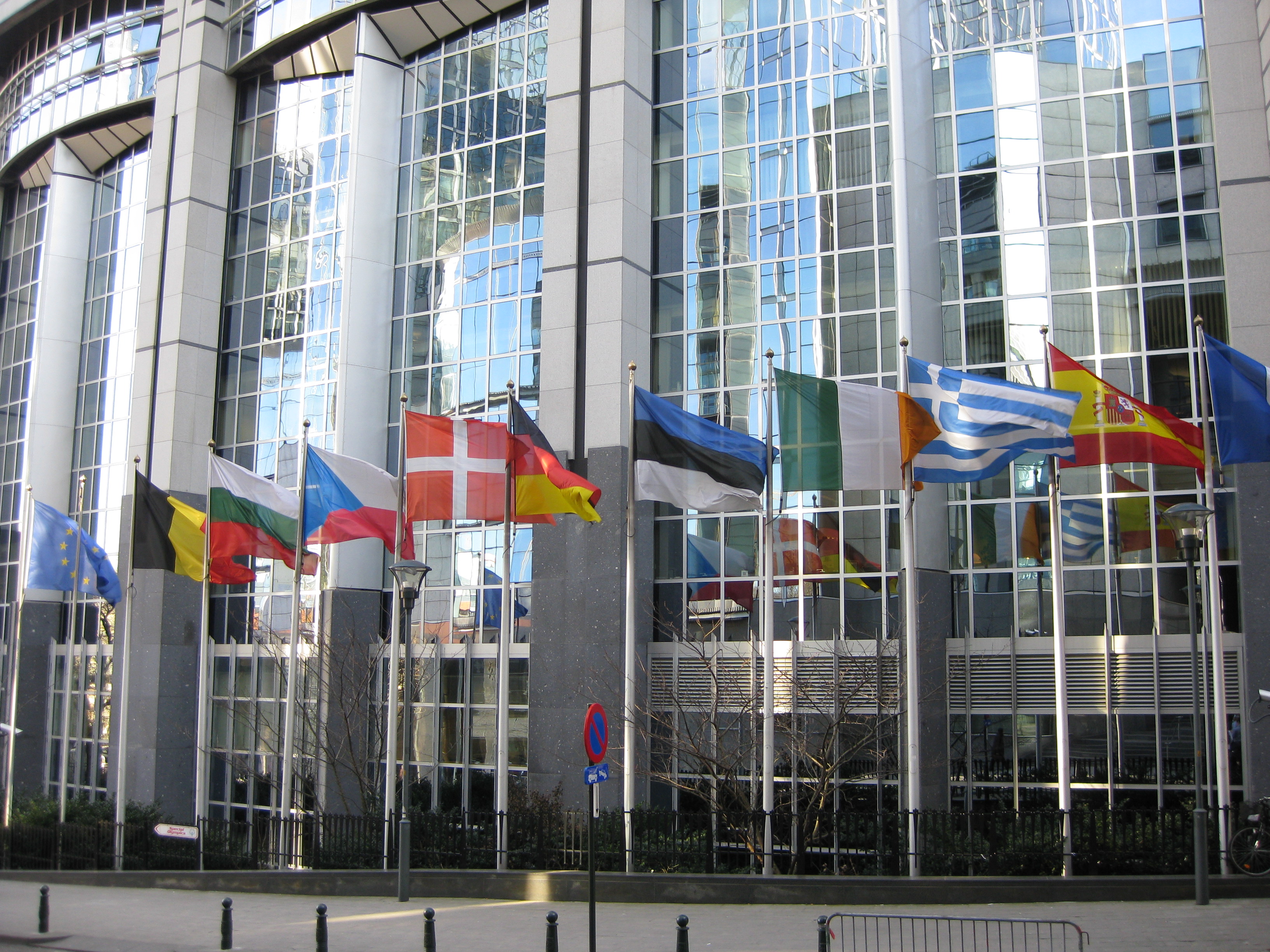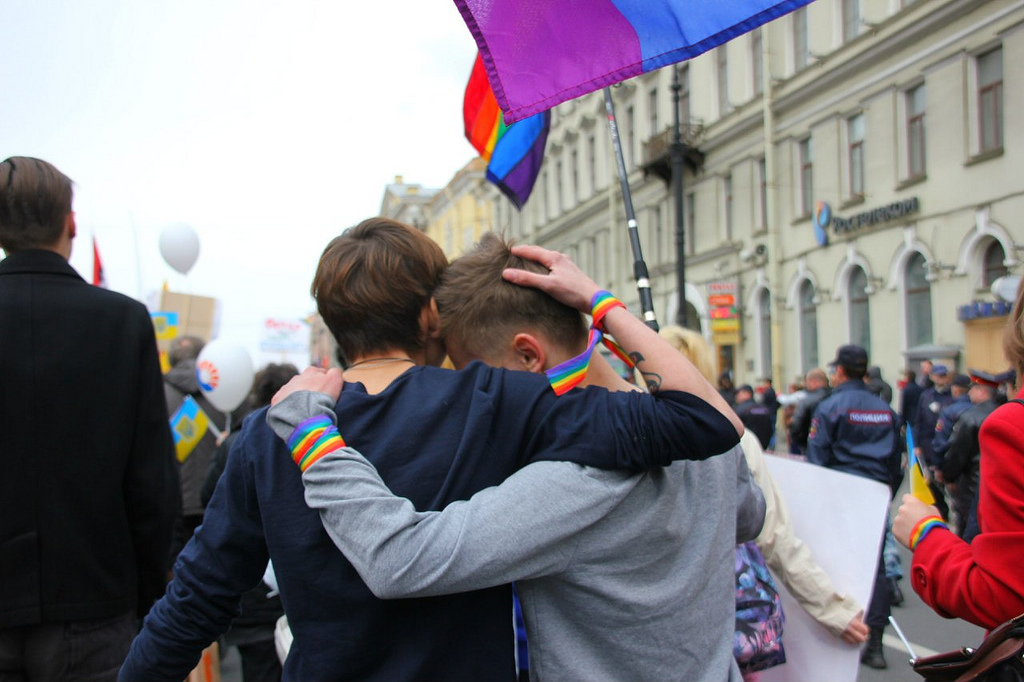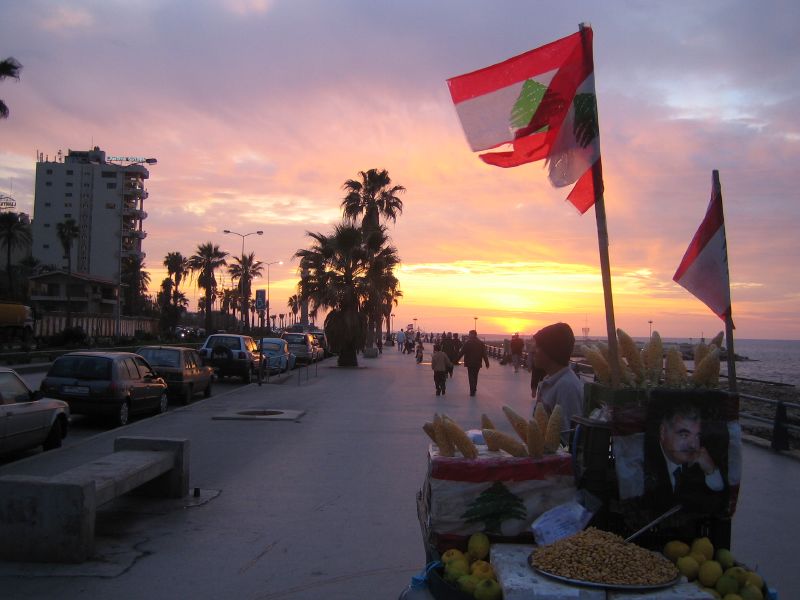Fresh from giving new hope to disaffected conservative Liberals by staying in federal politics, Tony Abbott will fly to the United States on Tuesday to gee-up one of the religious right’s most reactionary bodies, the Alliance Defending Freedom.
Mr Abbott, who is being accompanied by wife Margie, will give a speech on the topic of “the importance of family” to the pro-Christian, Republican-aligned lobby, which opposes abortion, wants to end gay marriage and is pushing to roll back some feminist advances.
he speech comes as the primary race for the presidential nomination approaches fever pitch, with contenders on the Republican side scrambling to secure the overwhelmingly Christian “Tea Party” base.
The Alliance Defending Freedom’s founding president, Alan Sears, is a regular conservative voice on Rupert Murdoch’s Fox News channel and co-authored the 2003 book, The Homosexual Agenda: Exposing the Principal Threat to Religious Liberty Today.
With Craig Osten, Sears argued that America’s growing tolerance of homosexuality was being achieved through the indoctrination of children, tacit support of corporate America, and through “positive” television depictions of alternative family structures.
By Mark Kenny
Read the full article on the Sydney Morning Herald website





